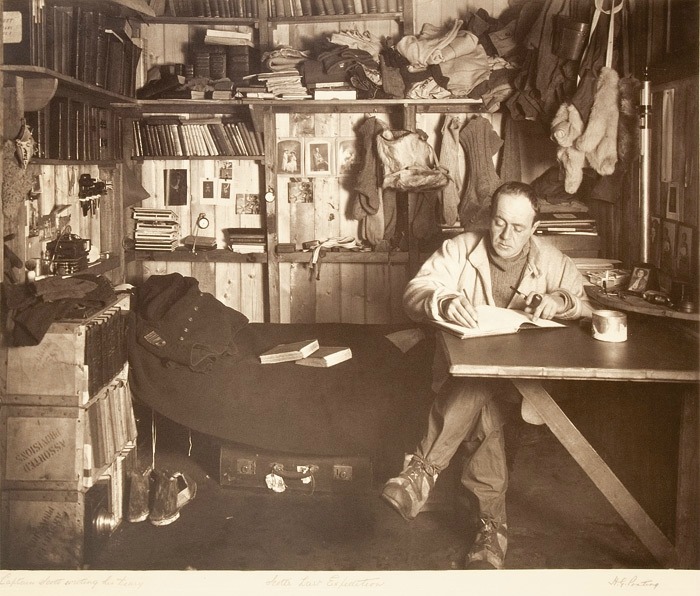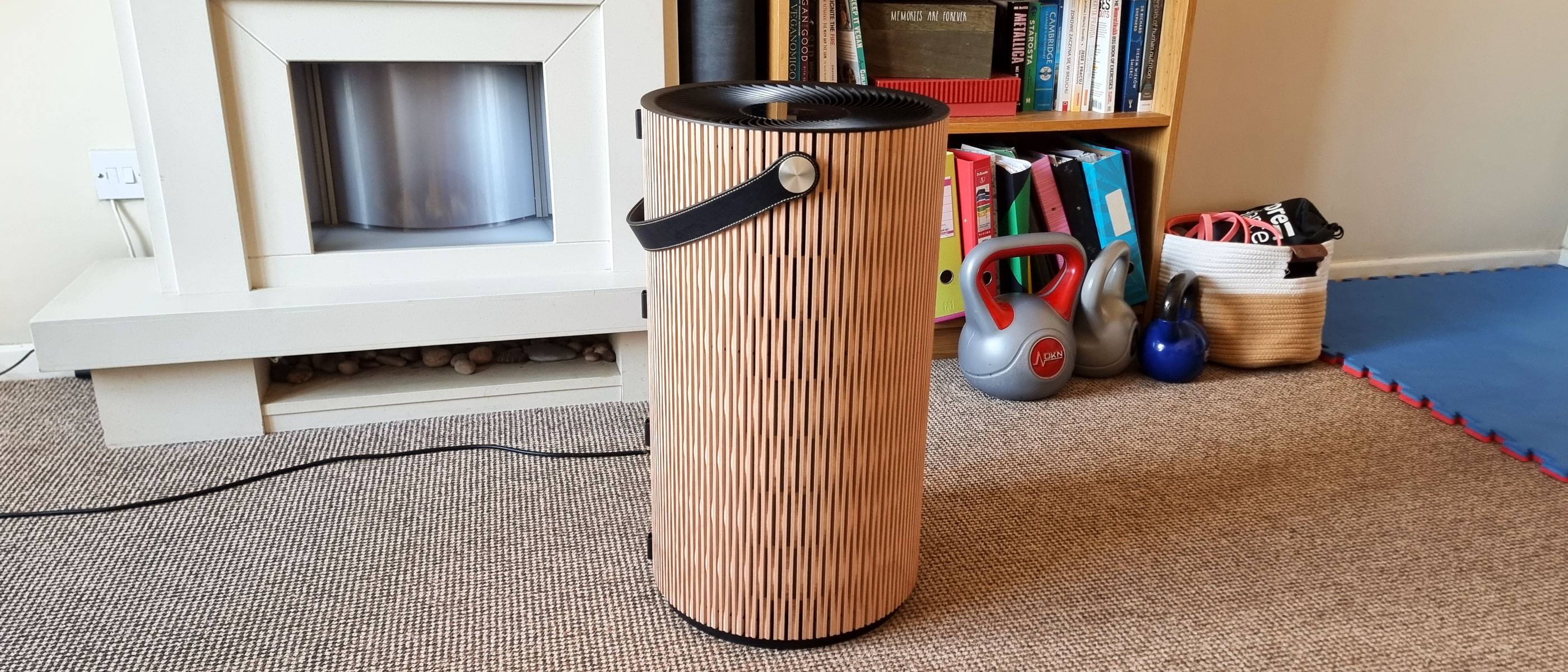
Antarctic Explorer's Last Words: 100 Years Ago Today

Get the world’s most fascinating discoveries delivered straight to your inbox.
You are now subscribed
Your newsletter sign-up was successful
Want to add more newsletters?

Delivered Daily
Daily Newsletter
Sign up for the latest discoveries, groundbreaking research and fascinating breakthroughs that impact you and the wider world direct to your inbox.

Once a week
Life's Little Mysteries
Feed your curiosity with an exclusive mystery every week, solved with science and delivered direct to your inbox before it's seen anywhere else.

Once a week
How It Works
Sign up to our free science & technology newsletter for your weekly fix of fascinating articles, quick quizzes, amazing images, and more

Delivered daily
Space.com Newsletter
Breaking space news, the latest updates on rocket launches, skywatching events and more!

Once a month
Watch This Space
Sign up to our monthly entertainment newsletter to keep up with all our coverage of the latest sci-fi and space movies, tv shows, games and books.

Once a week
Night Sky This Week
Discover this week's must-see night sky events, moon phases, and stunning astrophotos. Sign up for our skywatching newsletter and explore the universe with us!
Join the club
Get full access to premium articles, exclusive features and a growing list of member rewards.
On this day (March 29) 100 years ago, Antarctic explorer Robert Falcon Scott scrawled his last entry into the diary the British navy man had faithfully kept since the start of his ill-fated expedition to the South Pole.
He and his two remaining companions, Henry "Birdie" Bowers, a lieutenant, and Scott's dear friend Edward Wilson, a doctor and artist charged with documenting the uncharted continent's geography, had known death was near.
For more than a week, a raging storm had kept the trio holed up in their tent on the Antarctic ice sheet, unable to continue toward a cache of food at a pre-established depot only 11 miles (18 kilometers) away.
"Blizzard bad as ever," Scott wrote a week earlier, on March 22, 1912. "Wilson and Bowers unable to start. Tomorrow last chance. No fuel and only one or two of food left — must be near the end. Have decided it shall be natural. We shall march for the depot with or without our effects and die in our tracks."
The arduous journey had already offered a full measure of heartbreak.
The pole, at last
On Jan. 16, after a two-and-a-half month slog across a glacier, over the Transantarctic Mountains, and through blinding snow, the team discovered they'd been beaten to the South Pole.
Get the world’s most fascinating discoveries delivered straight to your inbox.
Norwegian explorer Roald Amundsen had gotten there first, on Dec. 14, 1911, a full month before Scott and his four companions spotted a telltale flag whipping in the wind over the coveted spot. [Race to the South Pole in Images]
"It is a terrible disappointment, and I am very sorry for my loyal companions," Scott wrote on the occasion.
From there, things only got worse. Hampered by the tightening stranglehold of Antarctic winter, Scott lost two of his men. Petty Officer Edgar Evans was done in by injury, and, hobbled by frostbite, Lawrence Oates famously sacrificed himself by walking out alone into a snowstorm to avoid slowing his companions' progress.
"He said, 'I am just going outside and may be some time.' He went out into the blizzard and we have not seen him since," Scott wrote on March 16.
On Thursday, March 29, Scott recorded his final entry:
"We had fuel to make two cups of tea apiece and bare food for two days on the 20th. Every day we have been ready to start for our depot 11 miles away, but outside the door of the tent it remains a scene of whirling drift. I do not think we can hope for any better things now. We shall stick it out to the end, but we are getting weaker, of course, and the end cannot be far.
It seems a pity, but I do not think I can write more.
R. SCOTT.
For God's sake look after our people."
Dreaded discovery
Eight months later, in November 1912, a search party found three frozen bodies in a tent half-buried by snow. Bowers and Wilson were zipped into their sleeping bags, in the attitude of sleep.
Scott apparently died after his companions did. His sleeping bag and his coat were thrown open, his diaries stuffed beneath his shoulder. His arm was stretched across the body of his friend Wilson.
The searchers covered the tent with snow, marked it with a cross made from skis, and left the dead men where they lay.
Reach Andrea Mustain at amustain@techmedianetwork.com. Follow her on Twitter @AndreaMustain. Follow OurAmazingPlanet for the latest in Earth science and exploration news on Twitter @OAPlanet and on Facebook.
 Live Science Plus
Live Science Plus











